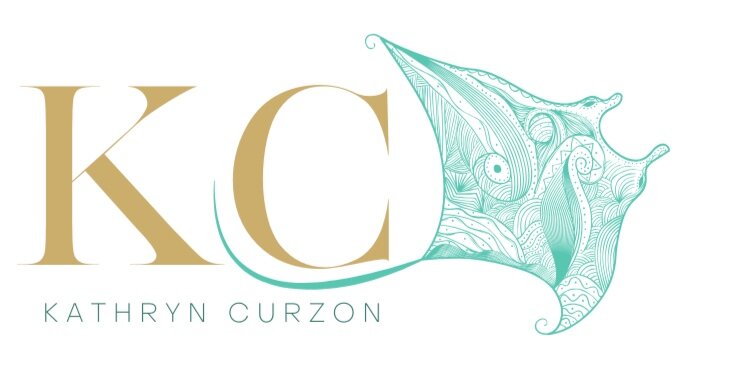Coral Triangle Day Celebrations
/Coral Triangle Day raises awareness of the world's greatest area of marine biodiversity. Covering an area of about 6 million square kilometers, the Coral Triangle extends throughout Southeast Asia and is home to more than 75% of the world's corals, as well as more than 6,000 species of fish.
It forms the underwater equivalent of the Amazon rainforest, offering unparalleled diving sites, spectacular islands and many opportunities for snorkelling.
Find out more in my article for Lepetitjournal.com: Top Reasons to Dive the Coral Triangle.




























